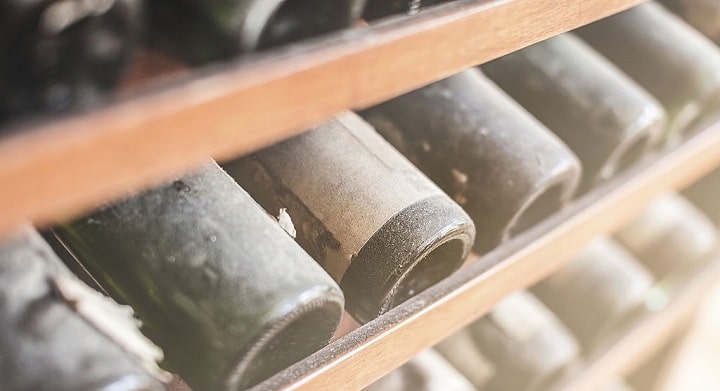If you are new to winemaking, The Basics in Wine Aging can help you understand how to age your wine. There are a few things to keep in mind before you start your aging process. Firstly, you should know the drinking window for each type of wine. Outside of this window, it is deemed bad. This is highly dependent on the type of wine you are making, but generally speaking, the younger the better.
For example, most wines sold at supermarkets are not meant for aging. Therefore, it is best to drink them within two years. Non-vintage champagne and sparkling wine should be drunk within a couple of years of release.
Proper humidity and temperature control
A proper aging process will give your wine a clean, clear finish. Proper humidity and temperature control are important for the wine to develop. In order to avoid over or under-fermentation, the bottles should be stored in horizontal positions and flipped regularly to keep the cork moist. Also, you should avoid adding any other substances to the wine as these can affect the taste. Once you’ve mastered the art of aging your wine, you can start enjoying the finished product.
Ideally, red wines should have a moderate to high tannin level. This will give the wine a slight bitter taste, and won’t overpower the other flavors in the wine. Volatile acidity should be relatively low, as this will speed up the deterioration process. The alcohol content of a red wine should be moderate to avoid oxidation, which will speed up aging. If the alcohol level is too high, the wine won’t age as well as it could.
The ideal conditions for aging wine include a stable temperature, low light, and a high percentage of relative humidity. The best environments are a wine refrigerator or wine cellar. But if you are not comfortable with either of these options, your best bet is a coat closet. There are no guarantees that the temperature will remain the ideal level and quality.
There are many different factors to consider when aging a wine
The temperature must be constant, and there should be no light or direct heat. Keeping a glass of wine in a dark, dry place will prevent it from spoiling. When aging a wine, make sure it has a good balance of acidity and tannin. This will enhance its flavor as it ages. You should also avoid disturbing the wine during its aging process.
The ideal storage conditions for aging a wine are constant cold temperatures, no light, and relatively high humidity. In addition, you should never disturb the wine when it is in this stage of its life cycle. It will lose its flavour and tannic content. You should also avoid disturbing your wine by shaking it every once in a while. You should ensure that the temperature is constant and that you don’t disturb it.
You should consider the wine’s pH balance. When aging wine, it is vital that the wine contains high levels of acidity, tannin, and fruit flavour. The ideal temperature ranges from five to seventy degrees Fahrenheit. You can store your wine in a closet or basement. A closet is a great option, but it is not an ideal storage space. If you’re concerned about the temperature of your wine, use a refrigerator or a cool room with a constant temperature.
Also Read: Essential Factors Regarding Wine Storage

